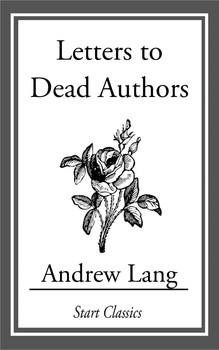LETTER–To Percy Bysshe Shelley
byLetter to Percy Bysshe Shelley begins with a nod to your lifelong disregard for public approval, a stance rare among poets of your time. You were not driven by fame, nor did you tailor your words for comfort. Yet the irony lies in how the same public you ignored has elevated you after death. You feared your voice might vanish in scorn, but the echo of your verses still vibrates across generations. What once stirred scandal now inspires reverence, and even those who dismissed you grudgingly acknowledge your influence. The strength of your work lies not in how it was received in your day but in how resilient it has proved against time’s judgment.
Some have praised your prose more than your verse, but such evaluations seem almost irrelevant now. Your poetry defies classification, so unique that it resists all substitution. While others wrote from earth’s tethered point, you seemed to draw your inspiration from the sky itself. Your lines were not mere observations but bursts of prophecy. They spoke of winds, fires, and unseen forces shaping a better world. In a time weighed down by conformity and oppression, your verses opened space for imagination to become activism. Not many poets have made language feel as boundless and urgent as you did.
Though the world has marched on, much of its core remains untouched by the vision you championed. You demanded liberation not just in law but in thought, heart, and soul. While society boasts progress through legislative reform—votes cast wider, slaves freed—its structure still favors power. The same injustices you denounced have only worn different masks. And though reforms have been signed into law, their spirit often stalls in implementation. Your dream of a world free from greed and domination has yet to fully arrive.
Still, the debates rage—not about your ideals, but about your personal flaws. Biographers often turn away from your mind’s reach to instead chase shadows from your private life. One among them paints you less as a prophet and more as a careless youth, eager to diminish your legacy through domestic gossip. This approach misunderstands your rebellion as recklessness, ignoring that your unrest came from a heart overwhelmed by injustice. It’s easier, perhaps, to criticize a man’s affairs than to engage with his aspirations. But the attempt to reduce your value through biography will always fall short of your literary magnitude.
It is strange how society often honors voices only after silencing them. And stranger still that those most concerned with reform—those who dare to dream aloud—are the ones most frequently punished by their time. You were not a comfortable poet, nor a diplomatic one. But that was your virtue, not your vice. The future you imagined was not merely better laws, but a new consciousness—a kind of spiritual awakening born from reason, compassion, and beauty. For that reason, your work has endured. It does not merely speak of the past; it continues to challenge the present.
If humankind is fated for decline, it would still not be a waste if your poems are the last to be read. In the long shadow of extinction, what better words to echo than those which called for liberty, love, and the elemental purity of nature? Let them be spoken under a dying sky, reminding the last listener that humanity once imagined something noble. In you, idealism found its fiercest advocate. Not because you believed the world would surely change, but because you believed it could. That belief is more powerful than certainty. And so, even if your hopes for society went unrealized, the integrity of your hope remains.
Your name, once a storm among critics, now rests calmly in the canon of greatness. And still, the winds of your thought stir minds toward better futures. That is the true reward for a poet—not statues or anniversaries, but the lasting shift in human imagination. You did not write to be remembered. But you are.

